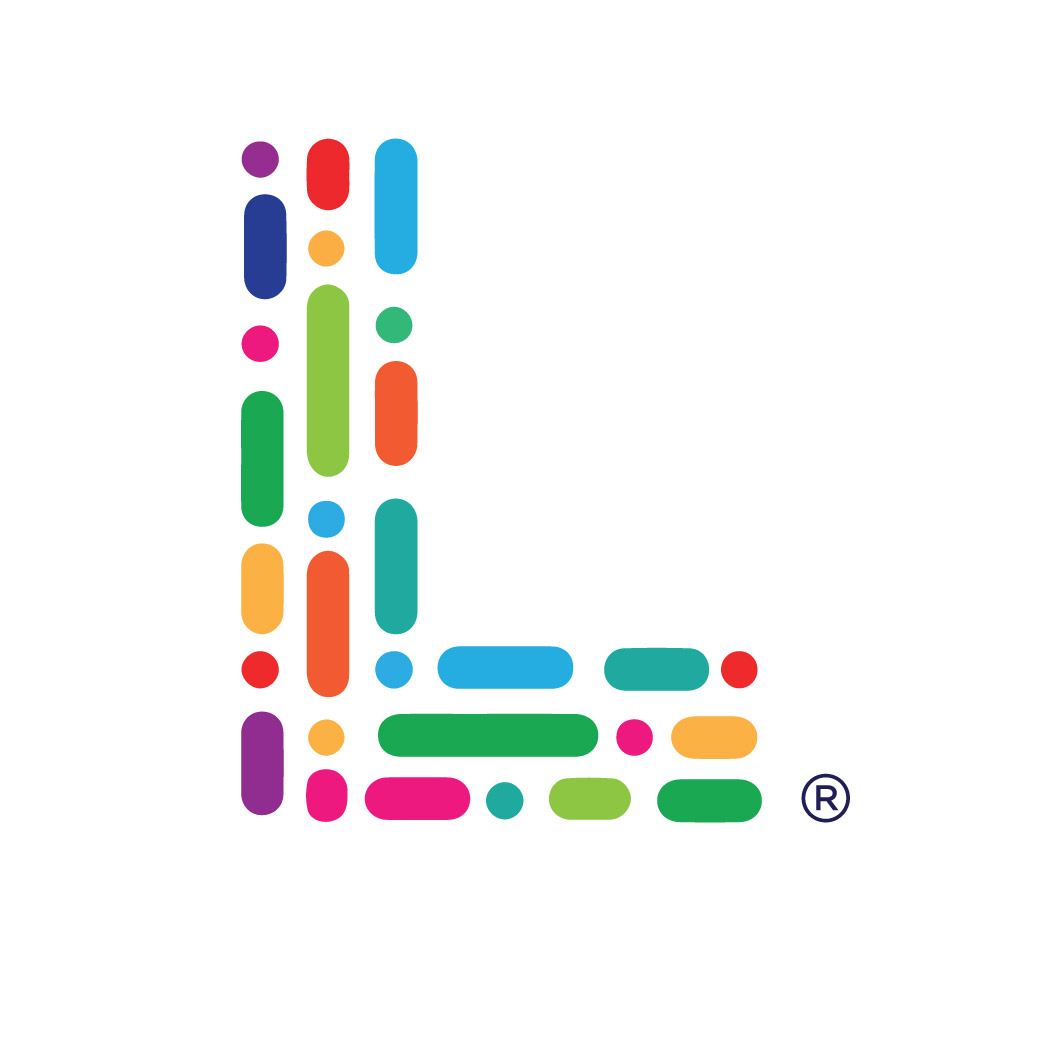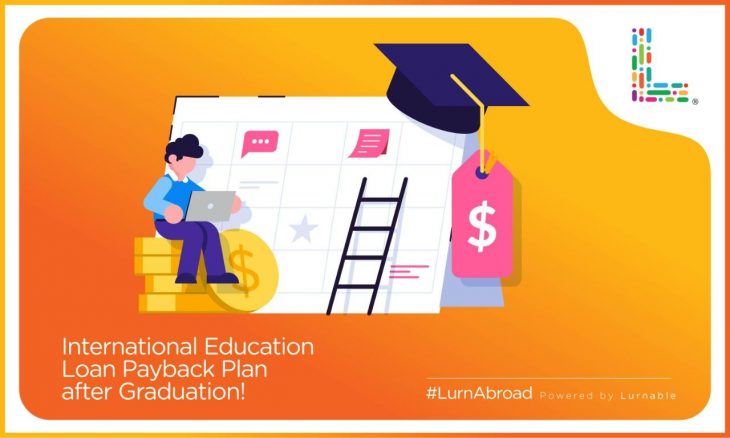The cost of a university education can be daunting, even more, if you are an international student. While you may look for free-of-cost or affordable study-abroad options, it may not work if you have a specific university, programme, or destination in mind. Scholarships may offer some relief, but you can still expect the living costs to dig a hole into your wallet. Fortunately, you can explore the option of student loans to fulfil your dreams despite your financial constraints.
However, it brings yet another concern. You may have a debt running into five figures once you graduate. Thankfully, a college degree gets you closer to a lucrative and secure job that enables you to pay off your debt. But everything boils down to having a payback plan even before you borrow. It gives you a definite head start and keeps you stress-free about repayment of debt. Here are some facts international students need to bear in mind for planning the payback of student loans after graduation.
KNOW THE REPAYMENT PERIOD
The first thing you will need to know about is the duration for making repayments on your international student loan. Most times, you need not repay at once and in a lump sum. Rather, lenders give you the option to pay back over a period of time, making it practical and affordable for graduates. But it makes sense to have a clear understanding of the amount of time you will get. Typically, it varies depending on the loan type and lender, but it often runs between ten and fifteen years. The timing when you start paying back also differs. But you are likely to have one of these options.
- Immediate payback option means your payments start right away after the loan is disbursed. The payments will include interest and principal.
- Interest Only option requires you to pay only the interest payments on your loan until you are in the university. Once you graduate, you will have to start with full payments.
- Full Deferral lets you start making repayments only after graduation. You can wait up to six months after the completion of the course. It means you will not have to pay throughout the four years in school and six months after graduating.
It is vital to discuss the options with the lender and choose a loan that matches your current financial circumstances. Ideally, you should pick the one you are most comfortable with.
CALCULATE THE REPAYMENT AMOUNT
Besides the repayment period, the amount is also a crucial factor for international students. You must know how much you will have to repay eventually. You will have to pay the principal amount along with the interest rate. These rates may vary depending on the loan, lender, and other factors, so it makes sense to compare options before you borrow. Generally speaking, a longer repayment period means lower payback amounts, but you will end up paying more interest. Here are some instances of repayment periods.
- Standard Repayment is the most common option, where you pay a fixed monthly amount for a specific period, generally ten years.
- Extended Repayment is similar to the standard alternative but the repayment period is longer. You will have the loan spread over twelve to thirteen years, which means the paybacks will be smaller. But you will have to pay higher interest rates.
- Graduated Repayment lets you start with smaller monthly payments, but these increase over time. The objective is to make you comfortable with payback as you earn more over the years.
While these are the basic options, you can discuss them with the lender and find the one that works for you. For example, you can seek an income-driven repayment plan for more flexibility. It considers your current income and expenses to determine a feasible repayment value.
STUDENT DEBT-GOOD OR BAD
While you may have a debt-free mentality, some kinds of debts are actually good because they increase your net worth in the long term. Student loans are one of the good debts, so you must not have second thoughts about borrowing as it gives wings to your study abroad aspirations. If it wasn’t for these loans, many students in third-world countries would have missed the opportunity to access international education in leading universities. But even as you access this good debt, it is vital to take a responsible approach to repayment. Having complete knowledge about the loan repayment period, plan, and amount gives you a good start. You can create a payback plan based on the industry outlook and job prospects after graduating.
The pandemic slowdown has hit the international education sector hard, but it is all set to make a comeback. As students get the opportunity to have their dreams on the roll again, they may actually end up with more funding options. Fresh graduates, on the other hand, have support from governments and lenders to handle their debt wisely. There are deferred interest schemes and payment forbearance programmes to help. Taking debt is a serious decision, particularly when circumstances are unprecedented. But choosing the right programme and having a clear career path after graduation gives you hope for building a better future, even if it stands on the foundation of a loan.

If you are considering studying abroad why don’t you discuss your prospects and opportunities with experts at Lurnable’s dedicated study abroad counselling division LurnPathways?






